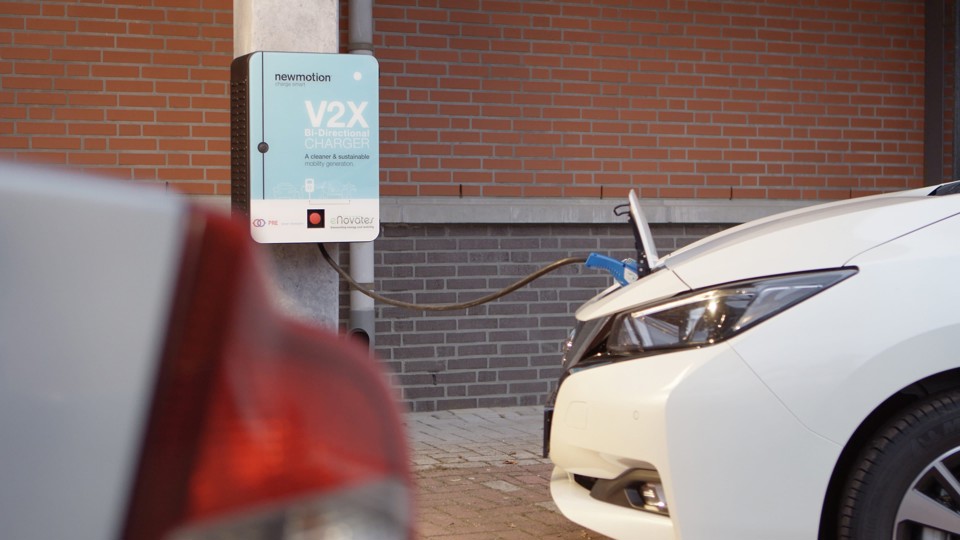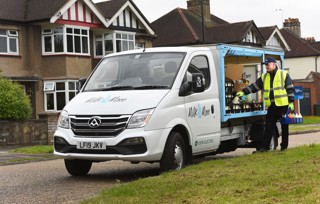Electric cars are driven for 26% more miles in their first three years on the road than petrol models, research from the RAC Foundation has found.
The analysis, which pre-dates the steep fall in road traffic seen since the start of the coronavirus pandemic, is based on the MOT data for 516,936 vehicles.
It found battery electric cars cover an average of 9,435 miles per year over their first three years, compared to a petrol car’s 7,490.
Diesel cars are driven the most, and cover an average of 12,496 miles in each of their first three years.
Steve Gooding, director of the RAC Foundation, said: “Unsurprisingly people with diesels have been doing most mileage, probably seeking better long-distance fuel economy, but this study is also evidence that battery-electric powered cars are not just trophy vehicles signalling their owners' green credentials but prior to the lockdown were racking up the miles as everyday transport.
“Tens of millions of people still drive petrol and diesel-powered cars, but this data suggests that owners of electric cars have found them to be a practical proposition, running up the sort of big annual mileages that many of us need to do, challenging preconceptions about their range and the ease of re-charging.
“The next big question is what will happen when the Covid-19 lockdown ends?
“Some say our travel behaviour might change quite dramatically as we’ve mastered on-line meetings in place of the office routine, but any ongoing desire for social-distancing might yet draw us back to our own cars for the trips we make once the travel restrictions are lifted.”
The research found a Mitsubishi Outlander plug-in hybrid – the most common PHEV on the road – averages 12,500 miles a year.
RAC Foundation reports the battery electric Tesla Model S covered an average annual mileage of 12,392, the Nissan Leaf 8,241 and the Renault Zoe 5,736.
The analysis also found there was a big difference between petrol and diesel versions of the same model (see table below).
|
Make and model |
Petrol Average annual mileage in each of the first three years |
Diesel Average annual mileage in each of the first three years |
Percentage difference between diesel and petrol mileage |
|
Skoda Octavia |
9,230 |
14,986 |
+62% |
|
Ford Focus |
8,313 |
12,650 |
+52% |
|
Vauxhall Astra |
8,640 |
12,929 |
+50% |
|
Audi A3 |
8,670 |
12,208 |
+41% |
|
Nissan Qashqai |
7,690 |
10,587 |
+38% |
|
Mercedes C class |
8,349 |
11,124 |
+33% |
























Edward Handley - 28/04/2020 13:34
The report just proves that drivers are being sensible and logical in their choices: If you do low mileage a petrol car is going to be cheaper to buy and will cost less to run, but an EV or hybrid can make sense if you do higher mileage or a lot of urban driving where the greater initial cost is offset by lower fuel costs. However, if you have long journeys to do and range is an issue, and therefore clock up high mileage, a diesel is clearly still the best choice. Politicians tend to think they know best, which is why most of them went into politics, and they suffer from a one size fits all attitude so constantly try to impose their "best solution" on us because they frequently fail to recognise that most people are quite capable of working things out for themselves.